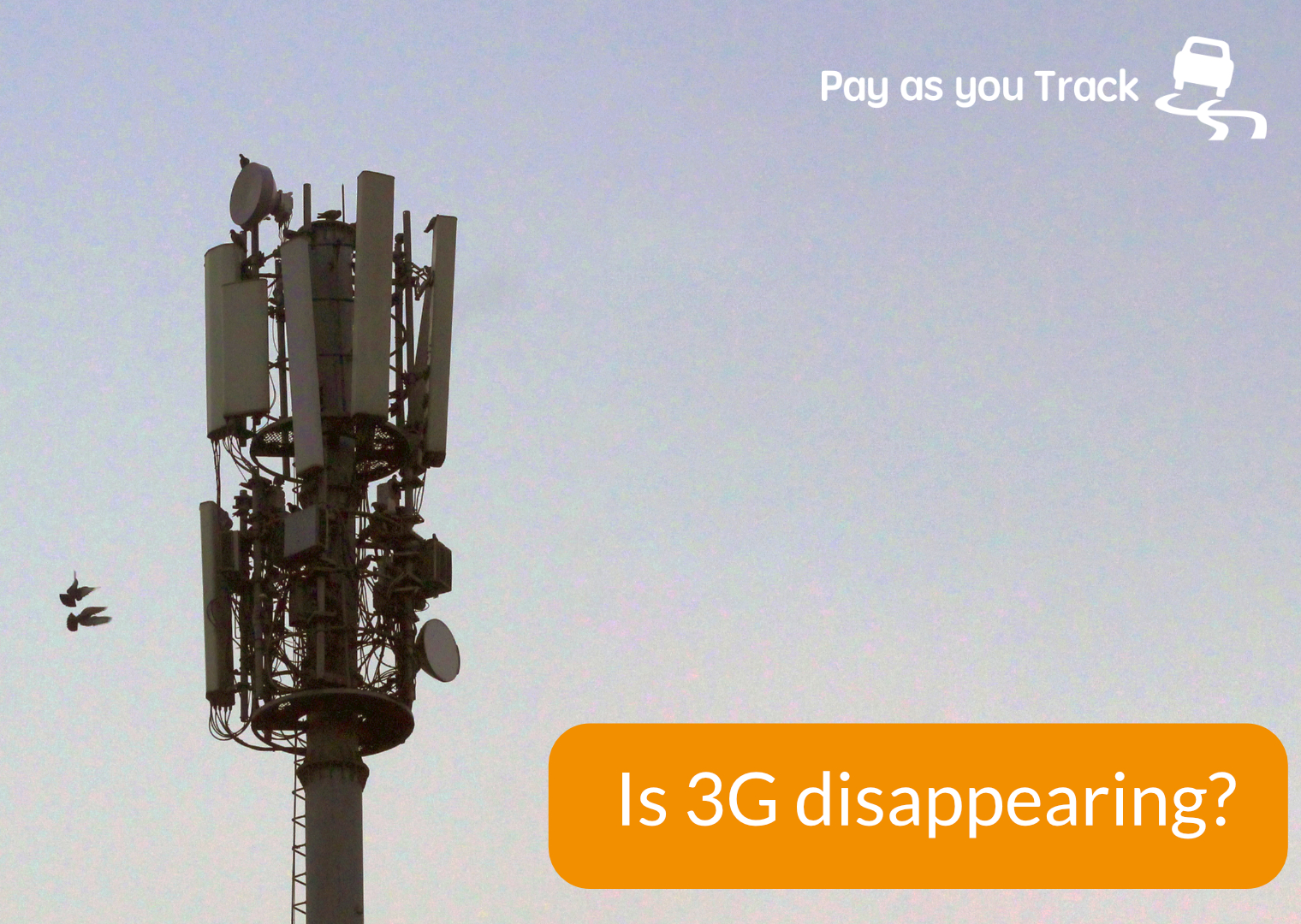Is a contract really right for your business?
August 30, 2023A Guide To Safe Winter Travel
December 11, 2023
Is 3G disappearing?
Everything you need to know about the phase out of mobile networks in the UK.
3G, or third-generation cellular network technology, has been around for over 20 years. It was a major breakthrough in mobile technology, offering much faster speeds than previous generations. However, 3G is now being phased out in the UK, as mobile operators focus on newer and faster technologies such as 4G and 5G.
Why is 3G being phased out?
There are a few reasons why 3G is being phased out:
- Speed: 3G is not as fast as newer technologies such as 4G and 5G. This means that it cannot support the growing demand for mobile data, such as streaming video and online gaming.
- Efficiency: 3G is less efficient than newer technologies, meaning that it uses more spectrum and energy.
- Cost: 3G networks are more expensive to maintain than 4G and 5G.
Former culture Secretary Nadine Dorries said:
"5G technology is already revolutionising people's lives and businesses - connecting people across the UK with faster mobile data and making businesses more productive. Today we are announcing a further £50m to put the UK at the forefront of mobile connectivity and to make sure our telecoms networks are safe and secure now and in the future."
The funding will be for Open Radio Access Networks (Open RAN) projects. She added that setting a date for the end of 2G and 3G will make it easier for new equipment makers to enter the market, because they will not have to support the older technologies. The government wants to end the country's reliance on a small number of suppliers, after China's Huawei was banned from new networks last year.
When will 3G be phased out?
The timeline for 3G phaseout is set by each mobile operator. All four major mobile operators in the UK have announced that they will phase out their 3G networks by 2033. However, some operators have already begun the phaseout process. For example, Vodafone began its 3G phaseout in 2023, and EE originally pledged to have phased out 3G by early 2023. No mobile provider has yet fully done so at time of writing.
How will the 3G phaseout affect me?
All Pay as you Track devices use both 3G and 2G and a fallback, and many of our trackers are already 4G or 5G as standard. As a customer of Pay as you Track, our platform is designed so that you do not have to take any action regarding the 3G phase out. Everything we do is fully operational on the 2G newtork, which is not being phased out in the same timeframe. Eventually, 2G will be removed to make way for 5g and even 6G, but this is unlikely to be earlier than the next decade.
What is 2G and why is it not being phased out yet?
2G, or second-generation cellular network technology, is the oldest cellular network technology in use today. It is much slower than 3G, 4G, and 5G, but it is also more reliable and has better coverage. 2G is still used for basic services such as voice calls and SMS text messaging.
2G is not expected to be phased out for some time, as it is relatively inexpensive to maintain compared to 3G. Many devices rely on it, including things such as smart meters and
What is Ofcom doing to ensure a smooth transition to 4G and 5G?
Ofcom, the UK's telecoms regulator, is working closely with the mobile operators to ensure that the phaseout of 3G is as smooth as possible. Ofcom expects that no changes to the 2G network will be made until 3G is phased out entirely, and is unlikely to be until the latter half of this decade.
What is Pay as you Track doing to ensure that my tracking will continue to work?
Pay as you Track is ensuring that our system and hardware is up to date and that there will be no need for any changes in the near future. As a customer of Pay as you Track, you do not need to take any action regarding your tracking with us. We are making sure that everything will continue to run smoothly without you needing to do anything.
Conclusion
The phaseout of 3G is a major change, but it is important to remember that it is happening over a period of several years. This gives mobile operators and consumers time to prepare for the transition. Any changes that affect you will be warned of with plenty of notice, and Pay as you Track will do everything we can to ensure that you are able to continue using your trackers without any disruption.
Read the statements from each of the four major operators.
Asda, Lebara, Talkmobile and VOXI all use the Vodafone Network.
BT and Lyca use the EE Network. Giffgaff, Sky and Tesco use the O2 Network. iD and SMARTY use the Three Network.

